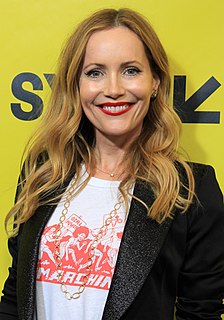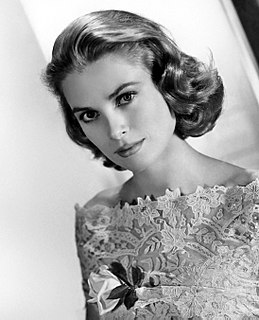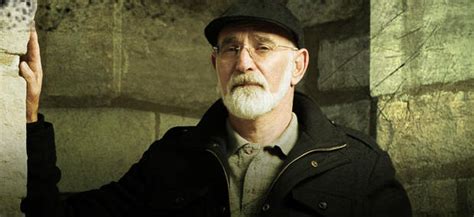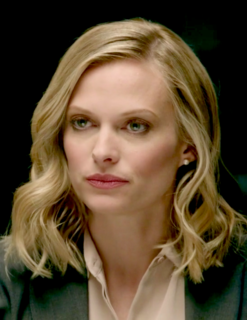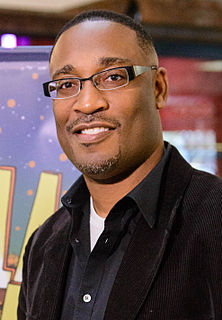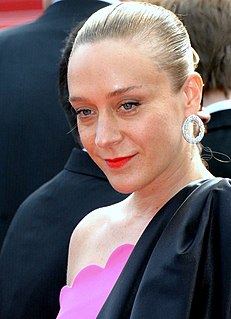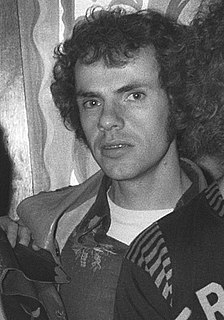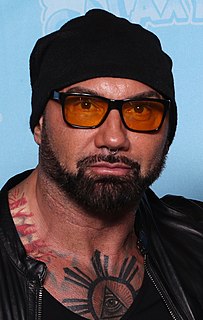A Quote by Leslie Mann
When I was in acting class, we did a lot of really serious scenes, and we didn't do comedic scenes. I felt like doing those scenes, it didn't come out of my mouth the right way. I don't know if it's because my voice is different, or what it is about me, but it just seemed a little off.
Related Quotes
Different scenes call for different acting styles. The kinds of scenes I like most are the ones where you just bury yourself in there. So I wouldn't say that's the only way to be funny, but that's my favorite way to play stuff, to try to put myself in a situation where that kind of acting is necessary.
I'm connected with a lot of different paranormal groups out there worldwide, a lot of different spiritual people. My networking over the course of the past 40 years has really grown where I deal with quite a bit. There's a lot of work that I do behind-the-scenes that I just don't ever talk about or things that don't always come to the forefront as far as investigating and getting involved with spiritual people, meaning any type of clergy, because I do work with a lot of them behind-the-scenes.
All I really know in nonfiction is that when I come home, I've got all these notes and I'm trying to figure out what actually happened to me. I usually kind of know what happened, but as you work through the notes, you find that certain scenes write well and some don't even though they should. Those make a constellation of meaning that weirdly ends up telling you what you just went through. It's a slightly different process, but still there's mystery because when you're bearing down on the scenes, sometimes you find out they mean something different than what you thought.
The way our big cities change sucks. The beauty of cities was that they were edgy, sometimes even a little dangerous. Artists, poets, and activists could come and unify and create different kinds of scenes. Not just fashion scenes, scenes that were politically active. Big cities are getting so high-end oriented, business corporate fashion, fashion not in an artistic sense but in a corporate sense. For me that edgy beauty of cities is lost, wherever you go.
